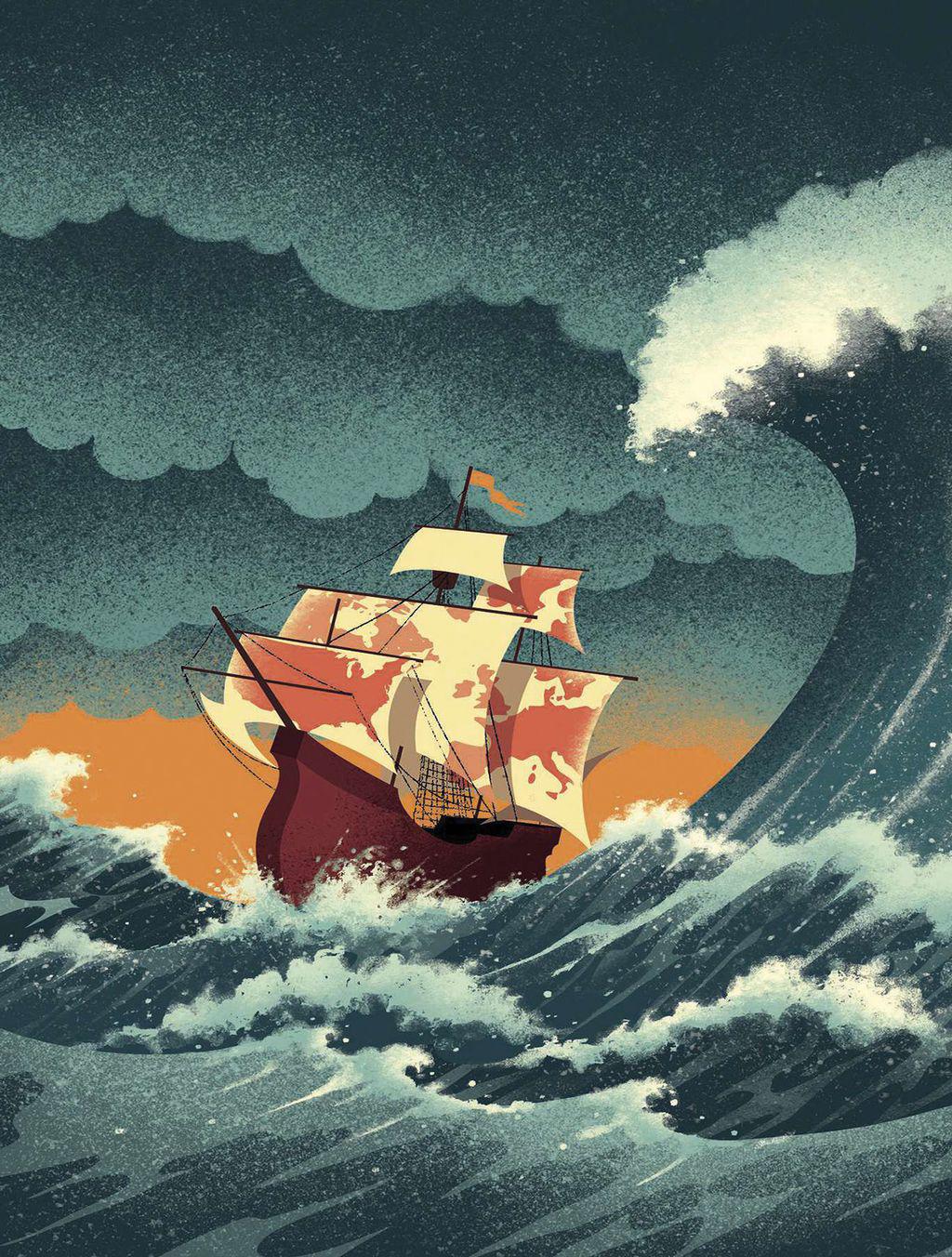Why did the west dominate for so long?

Arne Westad
“Europe has always been culturally, religiously, and – most importantly – politically diverse”
For most of the time since the dawn of human civilisation, Asia has been in the lead, economically and technologically. Exactly when the ascent of Europe and its cultural offshoots began is hotly debated. Some see its roots in antiquity (highly contestable) or the Renaissance (more plausible, but doubtful – a comparison between Ming China and Tudor Britain is not necessarily to the latter’s advantage). It is more likely that western predominance started with the industrial revolution, and may be ending with the information revolution.
If one accepts this timeline, the rise of Europe was based on access to resources (especially energy) and technologies. The former advantage was to some extent a fluke – the fact that coal could be found reasonably close to the surface in parts of Europe has little to do with the Europeans – but the development of technology was not. It is quite possible that a system of contending states, and weakening religious governance, was a factor in creating space for innovation and markets. Spin-offs from military technologies and organisation also furthered research and state development. This form of modernity was found only in Europe (or, rather, in parts of it), and goes a long way towards explaining European predominance since the 18th century.
The concept of ‘the west’, though, is problematic. Talking about ‘north Atlantic societies’ makes more sense. Large areas of Europe were not particularly advanced, at least compared with parts of Asia or Latin America, until the middle of the 20th century. In contrast, some parts of
You’re reading a preview, subscribe to read more.
Start your free 30 days

